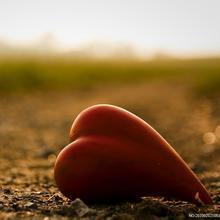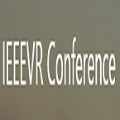Despite the value of VR (Virtual Reality) for educational purposes, the instructional power of VR in Biology Laboratory education remains under-explored. Laboratory lectures can be challenging due to students' low motivation to learn abstract scientific concepts and low retention rate. Therefore, we designed a VR-based lecture on fermentation and compared its effectiveness with lectures using PowerPoint slides and a desktop application. Grounded in the theory of distributed cognition and motivational theories, our study examined how learning happens in each condition from students' learning outcomes, behaviors, and perceptions. Our result indicates that VR facilitates students' long-term retention to learn by cultivating their longer visual attention and fostering a higher sense of immersion, though students' short-term retention remains the same across all conditions. This study extends current research on VR studies by identifying the characteristics of each teaching artifact and providing design implications for integrating VR technology into higher education.
翻译:尽管虚拟现实技术在教育领域有着巨大潜力,但是虚拟现实在生物实验教育中的实际应用还远未被充分探索。生物实验课的讲习经常面临不少的挑战,例如学生对抽象的科学概念学习兴趣低、记忆保持效果差等。因此,本研究设计了一种基于VR技术的发酵课堂,然后与采用幻灯片和桌面应用的课堂进行效果比较。研究基于分布式认知和动机理论,以学生的学习成果、行为和感受来研究每种条件下的学习过程。研究结果表明,VR能够通过提升学生视觉长时间注意力和培养更高的沉浸感,从而促进学生长时间保持学习成果,但是各条件下学生的短期学习保持效果相同。本研究通过识别每种教学工具的特点,为将VR技术应用于高等教育提供了设计启示。



